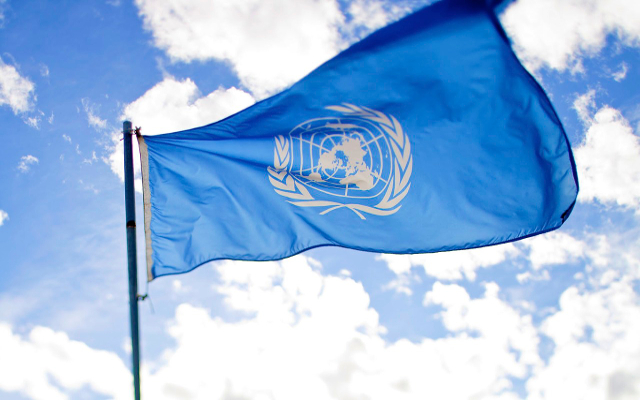3 October 2019 – Last week, the United Nations (UN) Committee on the Rights of Persons with Disabilities (CRPD) published its concluding observations on Kuwait’s initial report. Americans for Democracy & Human Rights in Bahrain (ADHRB) welcomes the Committee’s comments and holistic overview of the current status of the situation of persons with disabilities in Kuwait, particularly the unique challenges faced by the Bidoon population, and calls upon the Government of Kuwait to accept and implement the recommendations of the Committee and to come into full compliance with the Convention on the Rights of Persons with Disabilities.
After reviewing Kuwait’s initial report, the Committee raised numerous concerns, including those relating to national laws and the impact persons with disabilities in Kuwait; discrimination against women and children with disabilities; imposition of the death penalty and executions of individuals with disabilities; legal capacity of persons with disabilities; deprivation of liberty of individuals with disabilities; forced sterilization of women and girls with disabilities; lack of information concerning Bidoon children with disabilities; restrictions on marriage for persons with disabilities; and rights to health, education, and participation on political life, among others.
The Committee raised its particular concerns about the Bidoon and other stateless individuals with disabilities in Kuwait, noting that “Kuwaiti National laws in force . . . do not encompass the fundamental civil and political rights, including the right to life, liberty and security of the person, political participation, and equal recognition before the law, or social, economic, and cultural rights; do not apply to Bidoons and non-Kuwaitis with disabilities; and have a narrow concept of disability which excludes persons with psychosocial or intellectual disabilities and does not take into account a person’s interaction with barriers in society . . .” and also stating that the Committee is concerned about “barriers to accessing the social protection scheme for persons with disabilities, including non-Kuwaitis and Bidoon . . . [and] [t]he lack of data on Bidoon with disabilities living in the State party, including those living in poverty and those who have acquired a disability in the State party.”
Ultimately, the Committee recommended that Kuwait review its domestic legislation concerning disability and discrimination, including its Constitution and the Nationality Act, under which Bidoon are considered unlawful residents. In particular, the Committee recommended that Kuwait “[e]nsure that all Bidoons with disabilities, including children, enjoy their right to acquire a nationality and that they are registered immediately after birth, have access to services and are able to exercise the rights under the Convention.” The Committee also recommended that Kuwait should “[r]eview its social protection scheme to ensure that all persons with disabilities, including non-Kuwaitis and Bidoon, can access it . . .” and should provide disaggregated data concerning Bidoon with disabilities.
ADHRB welcomes the Committee’s concluding observations. With Kuwait’s second report due 22 September 2023, we urge the Government of Kuwait to fully implement the Committee’s recommendations, particularly as concern the protection of Bidoon individuals with disabilities. We call upon the international community to hold Kuwait to its human rights and treaty obligations and to ensure that all persons with disabilities enjoy full integration into social, economic, and political life in Kuwait.





